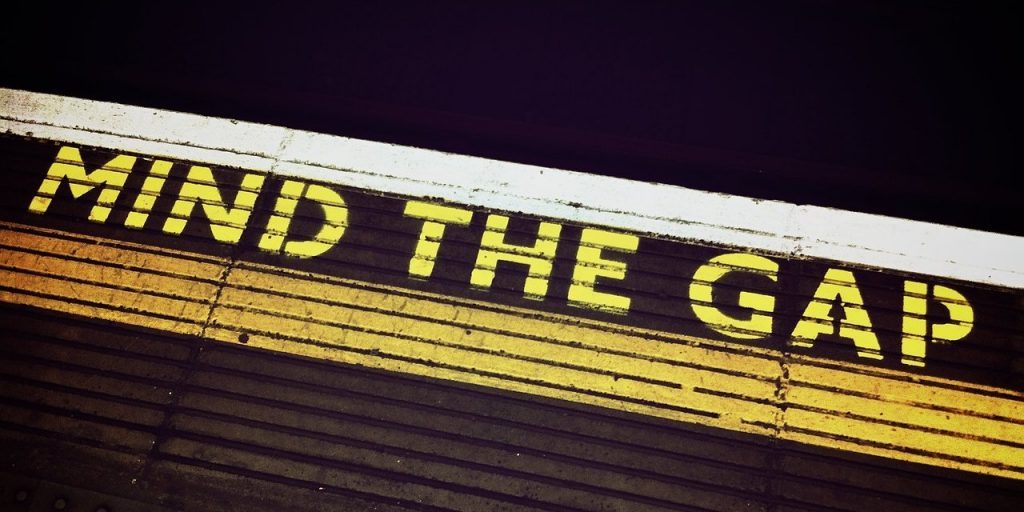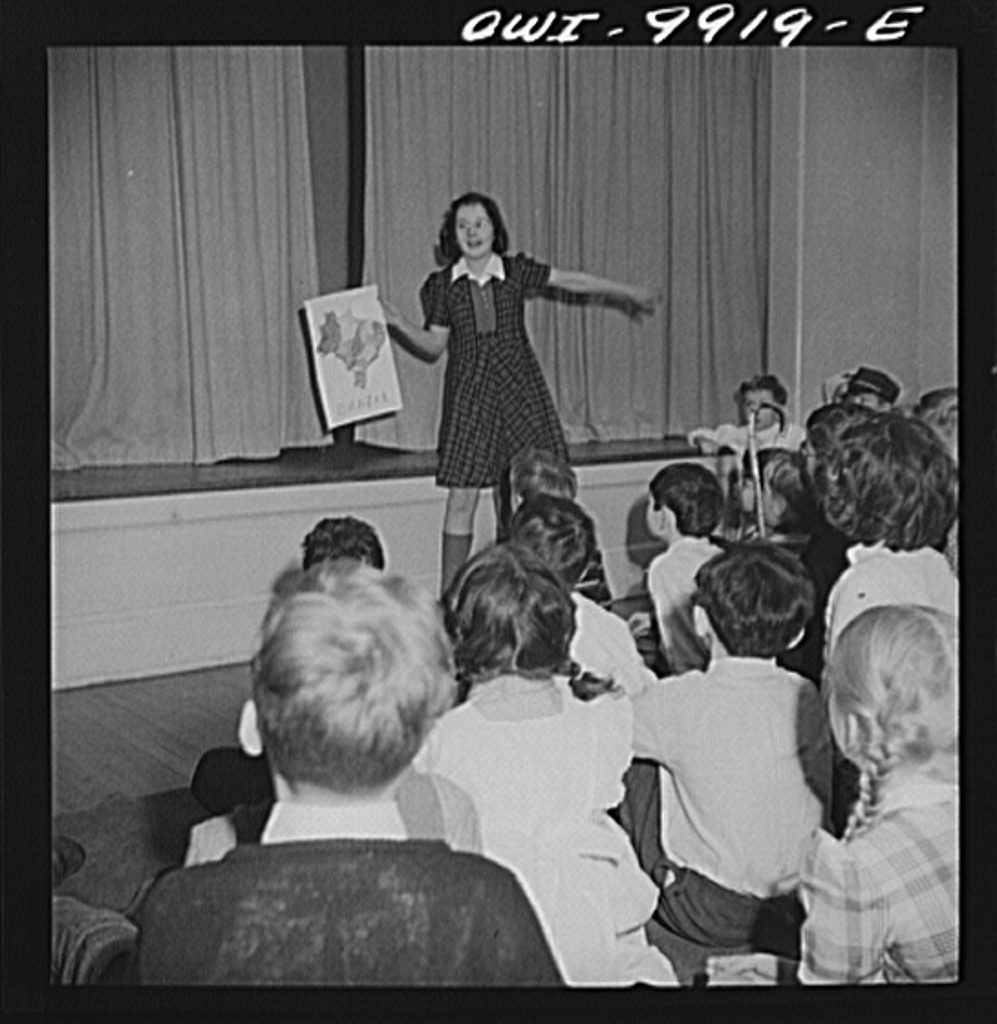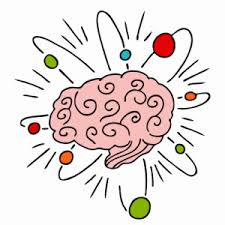Give up. There will be gaps.
.
.
.
What, you want me to explain?

The world is too big to learn it all
This is a given. Maybe in the distant past some men of letters believed that they knew all of humanity’s learning. They were wrong. Even then, it was impossible to know and understand it all.

Now, it’s even harder because we know how much we don’t know. It’s easy to feel unlettered if your metric of being educated is “knowing everything.”
Kids today have enormous amounts of knowledge that you didn’t have. Adults watch in awe as a child navigates a new electronic device, finds what they’re looking for in their first web search, and explains the limitless, arcane knowledge they have about a fandom.
Yet adults are worried that their children will graduate from school with these ill-defined “gaps in learning.” Recently the newspapers have teemed with articles about how children who distance-schooled this past semester will be “behind.”
We have the world of knowledge in our pocket

The reality is that what we need to know has changed. We used to commit a certain amount of information to memory because it was simply too arduous to go find that information when we’d need it. That’s no longer true. Kids see no purpose in learning in a 19th century mode when they live in the 21st century world.
It’s true that memorization is a good skill to have, and exercising our memory is like exercising a muscle—it’s good for us. But it’s no longer true that there is one specific body of knowledge that must be memorized. If kids choose to memorize arcane fandom knowledge instead of a 19th century poem, it really doesn’t matter. In either case, when they need information that they didn’t commit to memory they can access it immediately.
“Important” is a cultural designation
Maybe you think that there is a body of information that is important for every person to master. That body of information used to be chosen by certain men in power throughout the ages.
But how would you go about deciding it now? One person’s important knowledge is another person’s irrelevant information.
I actually do think that there is a body of knowledge that every educated person should be familiar with, but frankly, I think that it’s an ever-changing body of knowledge, and it’s too large for any one person to master.
Create lifelong learners
If we take what I’ve written as true:
- There’s too much information
- We have immediate access to information
- There is no set body of knowledge that we can agree on
…what do we do?

Our job as educators has changed. We won’t succeed just by implanting a body of knowledge into our students’ brains. As soon as we do, there will certainly be changes to that body of knowledge and our students will be out of date again.
Our job as educators and parents is to nurture lifelong learners. How do we do that?
Click here to read some thoughts on how to raise a lifelong learner.



Right on Suki!